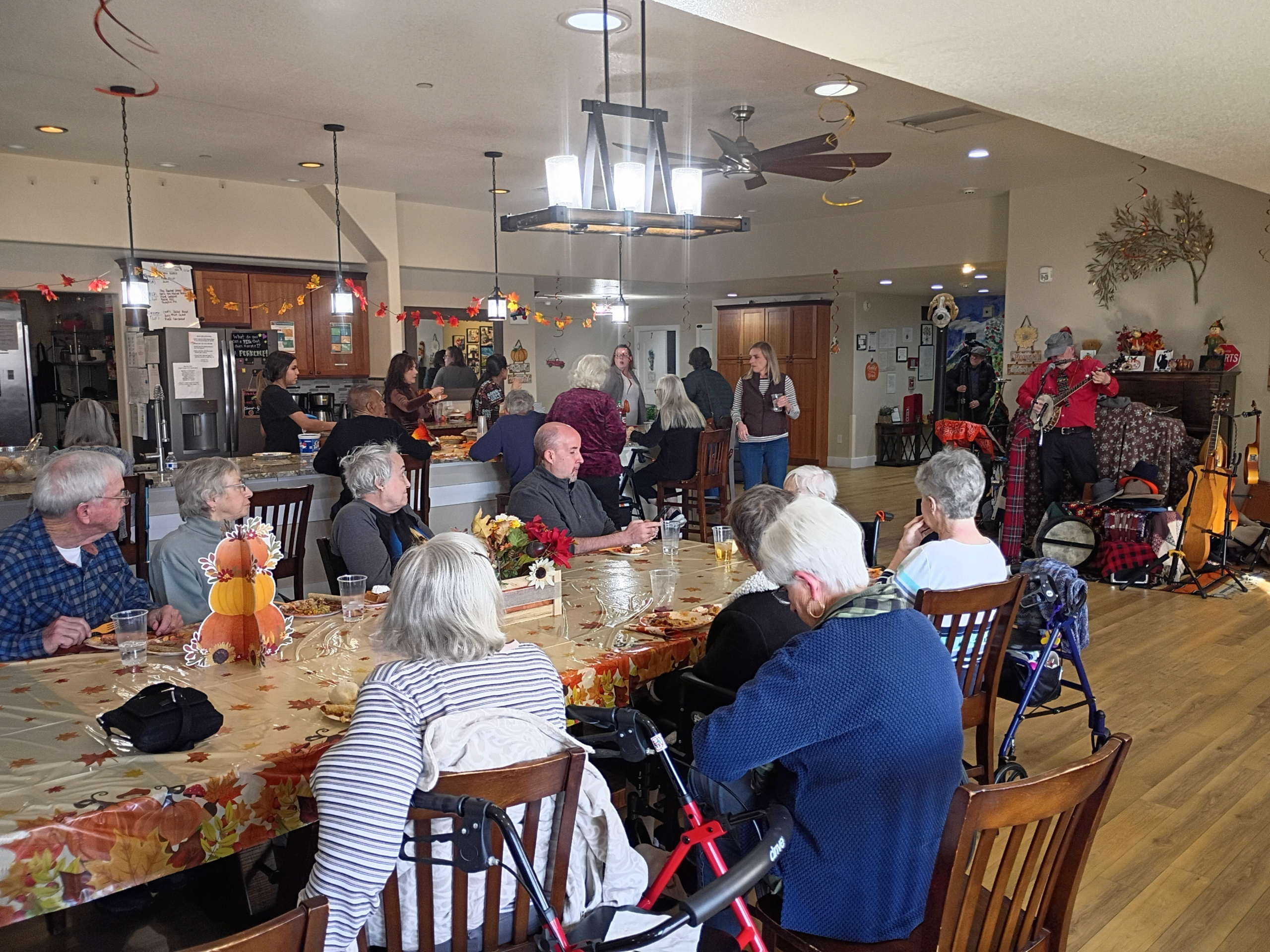Creating a Calmer Home: Our New Memory Care Lighting and Music Therapy Setup
At Applewood Our House, we believe the environment matters. The right lighting and the right sound can change how a person feels — especially in memory care. That’s why we’ve made Memory Care Lighting and Music therapy one of the first things you’ll notice in our homes. We’re installing simple, consistent routines across each house…






